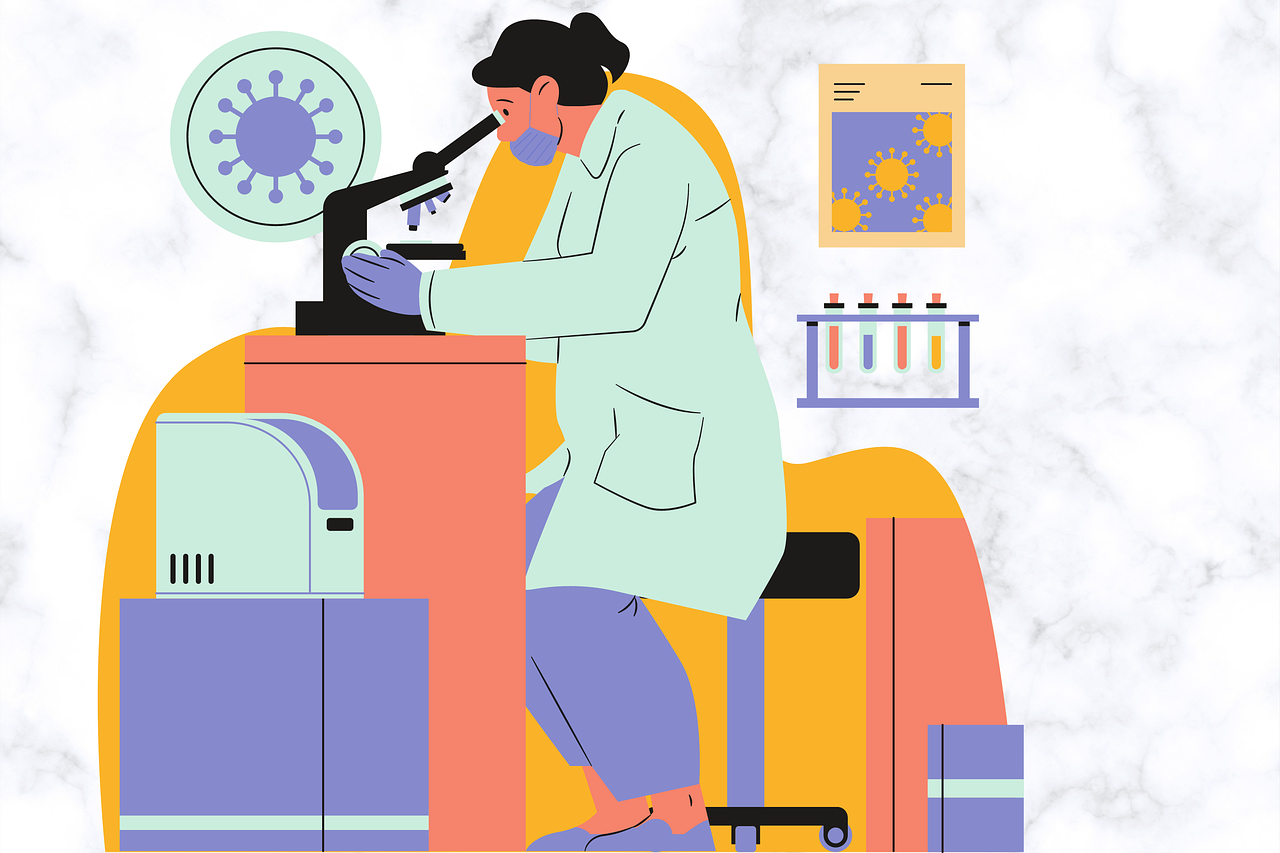Autism Spectrum Disorder Tied to Higher Risk for Self-Harm
 People with autism spectrum disorder (ASD) are at substantially increased risk of self-injury and suicide, according to a new study at Columbia University Mailman School of Public Health and Columbia College of Physicians and Surgeons. Researchers found that the odds of self-harm in people with autism spectrum disorder were over three times that of people without ASD. The odds existed in both children and adults, though a slightly higher odds was identified in adults. The findings are published in JAMA Network Open.
People with autism spectrum disorder (ASD) are at substantially increased risk of self-injury and suicide, according to a new study at Columbia University Mailman School of Public Health and Columbia College of Physicians and Surgeons. Researchers found that the odds of self-harm in people with autism spectrum disorder were over three times that of people without ASD. The odds existed in both children and adults, though a slightly higher odds was identified in adults. The findings are published in JAMA Network Open.
It is estimated that 5,437,988 of U.S. adults (2 percent) have autism. In the pediatric population, prevalence estimates have increased over the past several decades due in part to improved awareness, changes in documentation, and identification of milder cases.
“The findings from our systematic review and meta-analysis underscore the need for targeted interventions to reduce the risk of self-harm in people with autism,” said Ashley Blanchard, MD, MS, assistant professor of emergency medicine at the Vagelos College of Physicians and Surgeons. “Among the myriad of health problems facing people with ASD is the excess risk of injury morbidity and mortality. The emergency department presents a unique clinical setting for interventions to reduce self-harm and other injuries in people with autism.”
The researchers used PubMed, Embase, CINAHL, PsychInfo, Web of Science databases from 1999 through June of 2020 to identify studies that examined the relationship between ASD and self-injurious behavior and suicide. They identified 31 studies with a wide range of ages and self-harm outcomes from the initial five-database search of 5,304 records. Twenty-nine of the 36 results showed statistically significant positive associations between ASD and self-harm and people with ASD were at similarly increased risk of self-injury behavior and suicide.
According to the researchers, several factors may explain the excess risk of self-harm associated with ASD. The prevalence of self-injurious behavior, such as hand-hitting, self-cutting and hair pulling, is as high as 42 percent in the autism population. Estimates also show that 28 percent of people with ASD have co-occurring attention deficit hyperactivity disorder, 20 percent have co-occurring anxiety disorders, and 11 percent have co-occurring depressive disorders. There is also a known link between self-injury and suicide.
“Our findings are of public health importance in light of the continuing increase in the reported prevalence of autism and the high prevalence of self-injurious behavior in this population — especially relevant during a period of heightened rates of depression, anxiety, and suicide associated with the COVID-19 pandemic,” said Guohua Li, MD, DrPH, professor of epidemiology at the Mailman School of Public Health and professor of anesthesiology at the Vagelos College of Physicians and Surgeons and senior author. “Further research should aim to determine the impact of co-occurring diagnoses, develop injury surveillance systems for the autism population, and develop effective prevention strategies to ensure the safety and well-being for people with ASD.”
Co-authors include Stanford Chihuri, Columbia College of Physicians and Surgeons; and Carolyn DiGuiseppi, University of Colorado Anschutz Medical Campus.
The study was supported by the Eunice Kennedy Shriver National Institute of Child Health and Human Development of the National Institutes of Health (grant R21 HD098522).
Source: Eureka Alert | Excess risk of self-injury linked to autism, https://www.eurekalert.org/news-releases/932228 | Copyright © 2021 by the American Association for the Advancement of Science (AAAS)
If you have concerns about your child, CHC Care Coordinators can arrange a free 30-minute consultation so you can explore options with an expert. We invite you to call or email us at 650.688.3625 or careteam@chconline.org to set up an initial Parent Consultation appointment. CHC teletherapy services are available now.





